hydroponic nutrients
grampe
19 years ago
Related Stories
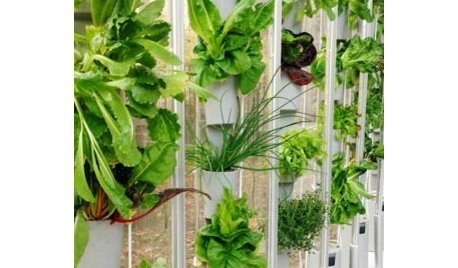
PRODUCT PICKSGuest Picks: High-Tech Plant Helpers
Hydroponics, monitoring systems, even an electric pollinator ... these gadgets and services keep your greenery growing strong
Full Story
FARM YOUR YARDHow to Grow Vegetables in Containers
Get glorious vegetables and fruits on your patio with a pro’s guidance — including his personal recipe for potting mix
Full Story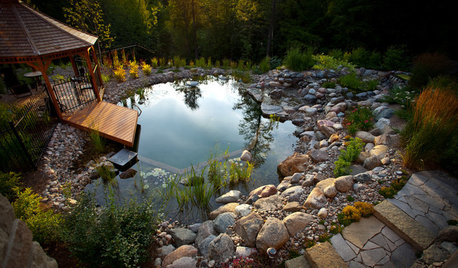
LANDSCAPE DESIGNNatural Swimming Pools: More Beauty, No Chemicals
Keep your skin and the environment healthy with a pool that cleans itself, naturally
Full Story
GARDENING GUIDESLush, Foodie Abundance in a Small Urban Garden
This modest backyard garden provides its owner with fruit and vegetables all year round, thanks to an innovative low-maintenance approach
Full Story
HOUSEPLANTS8 Essentials for Healthy Indoor Plants
Houseplants add so much to our homes — and can thrive when grown in the right conditions. Keep these tips in mind
Full Story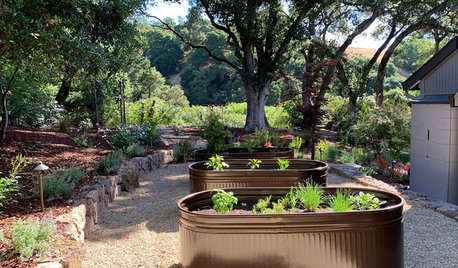
FARM YOUR YARD6 Things to Know Before You Start Growing Your Own Food
It takes time and practice, but growing edibles in the suburbs or city is possible with smart prep and patience
Full Story
GARDENING GUIDES10 Reasons to Love Vertical Gardens
Boring patios and lackluster views, begone!
Full Story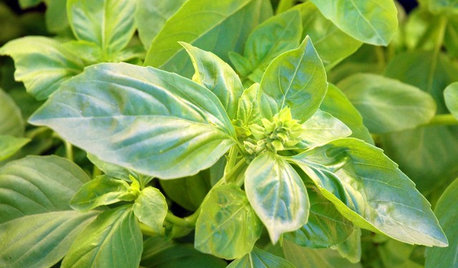
SUMMER GARDENINGHow to Grow Basil
Bright color, quick growth and endless uses for cooking make this summer annual a winner in the garden or a pot
Full Story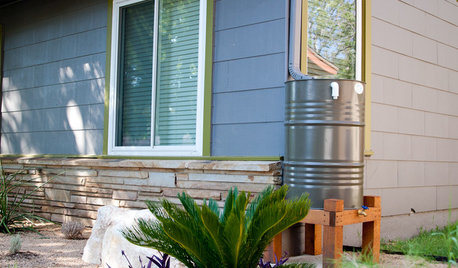
GREEN DECORATINGEasy Green: Big and Small Ways to Be More Water-Wise at Home
These 20 tips can help us all make the best use of a precious resource. How do you save water in summer?
Full StoryMore Discussions






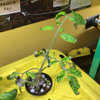
jwmeyer
iowajoe
Related Professionals
Maple Valley Landscape Architects & Landscape Designers · Accokeek Landscape Architects & Landscape Designers · Simi Valley Landscape Architects & Landscape Designers · Tempe Landscape Contractors · Cockeysville Landscape Contractors · Dunwoody Landscape Contractors · Fort Payne Landscape Contractors · Hendersonville Landscape Contractors · Miller Place Landscape Contractors · Mission Viejo Landscape Contractors · North Richland Hills Landscape Contractors · Oakland Landscape Contractors · Palm Beach Gardens Landscape Contractors · Shirley Landscape Contractors · Vacaville Landscape Contractorsbaci
iowajoe
baci
norm34
iowajoe
adrianag
willardb3
groman
jdog006
NLG1
markapp
mkirkwag
pdgann
chili340
DenZero
maineman
shelbyguy
hooked_on_ponics
iamgrowerman
knowboddy
joe.jr317
jean-luc
joe.jr317
jean-luc
joe.jr317
jean-luc
joe.jr317
jean-luc
joe.jr317
jean-luc
jean-luc